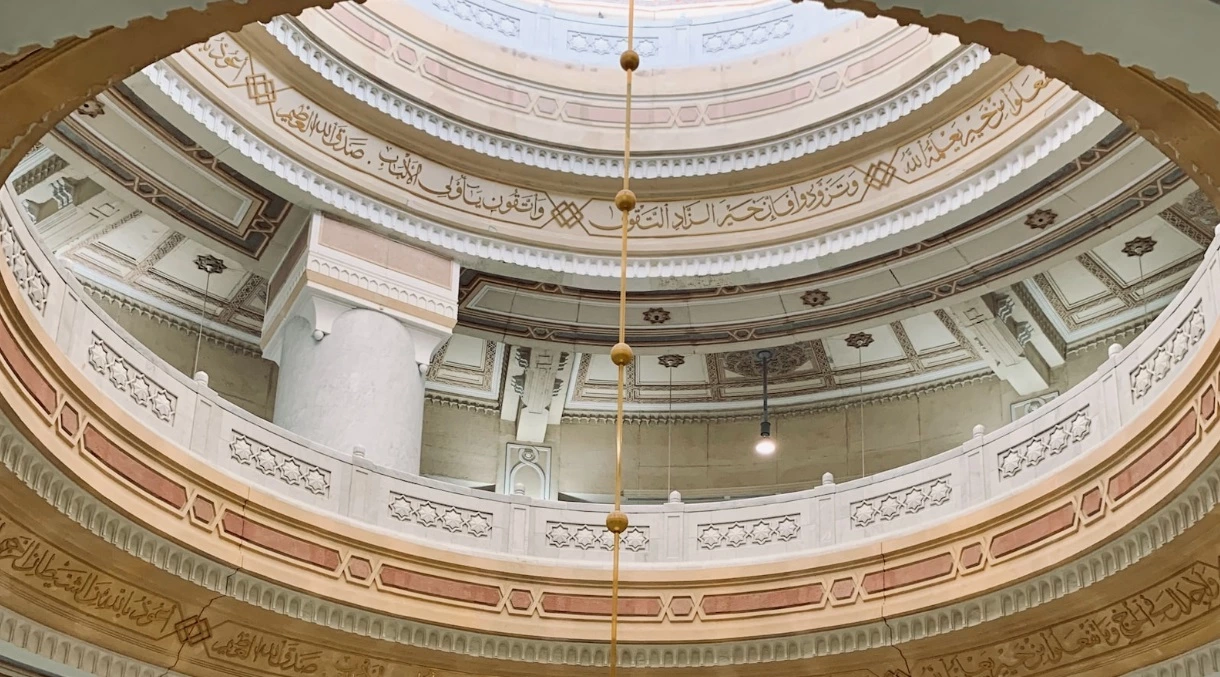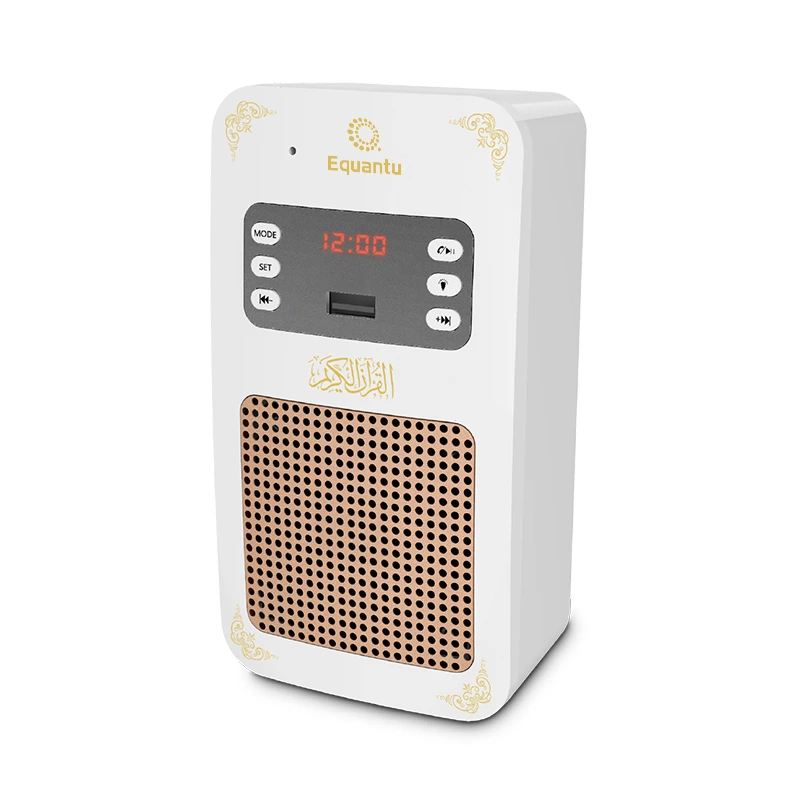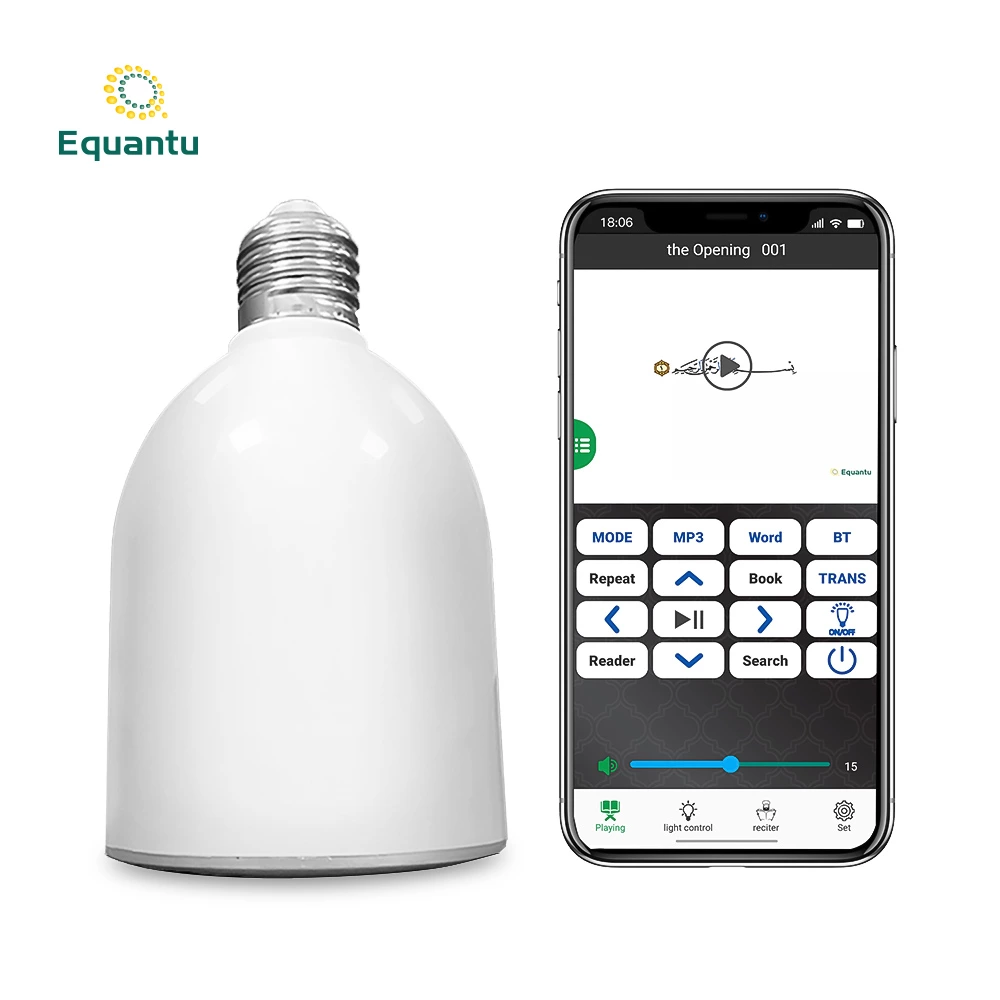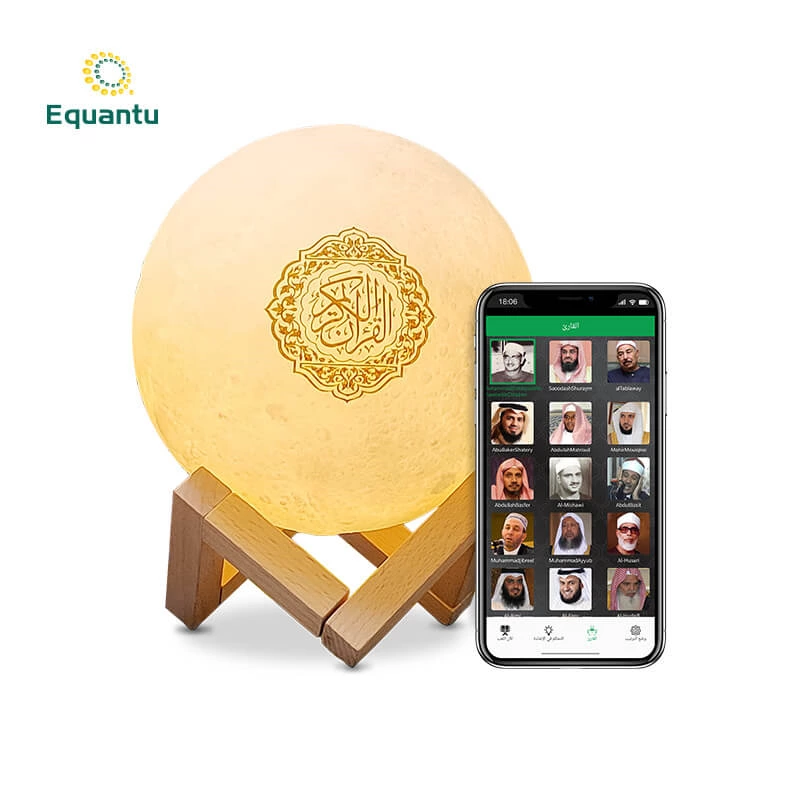Abstract: Worship is one of the main pillars of Islam and is considered the foundation of its religion. When we analyze the nature of Islamic worship and study its unique characteristics, it is not difficult to find that it is actually not just some physical movements, or some verbal reciting chapters of the "Quran". It is an unparalleled and unprecedented practice code that integrates wisdom retreat, spiritual dedication, moral improvement, and physical movement. Now, let’s take a look at the detailed introduction!
1.Muslims prayer times a day
Every Muslim in Islam, regardless of gender, must pray five times a day on time.We have a professional azan clock to give you one-click accurate positioning and update the azan time around the world.Unless there is a reason in accordance with the Shariah, there is no exemption, merger, or even postponement of worship. They are:
(1) Fajr
This worship service takes place at any time from the first appearance of the sun in the east (dawn) to the sunrise.
(2) Dhuhr
This service will be held just after the sun, that is, the sun has just begun to tilt westward, and it will be held at any time between the midway point (forty-five degrees to the horizon).
For example, if the time of sunset is 7 o'clock in the afternoon, then this time of worship can come just after 12 noon and before 3:30 in the afternoon. And shortly after three thirty, is the beginning of the next worship time. However, the precise time requires checking the calendar time of various places.
(3) Asr
This worship service was held during the period after Dhuhr's time ended and before sunset.
(4) Maghrib
The appropriate time for this service is from after sunset (that is, the sun disappears on the horizon) until the red clouds on the western horizon have completely disappeared.
(5) Isha'a
The time of this worship service started from the complete disappearance of the sun from the western horizon until the dawn of the next morning.
2.Muslim places of worship
Generally speaking, worship is in mosque on Sundays.
3.Islamic prayers
1. Great compliments from people worship (Tike Bill):
Allah is the greatest.
2. Words of worship (Sena):
I ask Allah to protect me from the devil.
3. Taismi:
In the name of Allah, the Merciful.
4. The first chapter of the "Quran": the beginning chapter.
All praises belong to Allah, the Lord who nurtures all worlds, the most merciful and merciful Lord, and the Lord of retribution. We only worship you, we only ask for your help. The way of those you help is not the way of the angered, nor the way of the strayed. (Lord! I beg you to accept it)
5. Chapter of Loyalty (you can also read any chapter in the "Quran"):
You say: He is Allah, the one and only Lord; Allah is dependent on all things; He is not produced, nor is he produced; there is nothing that can be his rival.
6. Bowing compliment:
Praise my great cultivator is super!
7. Compliments from Xiaozhan:
Allah does hear people praise him!
8. Knocking praise:
Praise my Supreme Savior for being pure!
9. Praise for meditation:
All the work of the tongue, the work of the body, the work of the wealth, all belong to Allah, saint! Allah grants you peace, mercy and good fortune! May Allah grant us and Allah’s kind servants peace!
4.Muslim worship conditions
1. Clean clothes: clean clothes must be worn during worship.
2. Water purification: use clean and non-staining water for large and small cleansing.
3. Clean place: The place of worship must be clean.
4. Intention: The worshiper must have a will in his heart.
5. Recognition of the time: The service should be held within the specified time.
6. Positive direction: The direction of worship is Mecca, and in China it is westward.
5.Muslim worship process
1. Standing upright: You must stand upright first, face upright, and keep your eyes on the floor.
2. Raise your hands: Raise your shoulders to the ears with your hands, and bend your arms inward and place your hands at the umbilical position. Raise your hands and recite "Takbir" (Takbir, Allah is Great) at the same time, as a sign of abstaining from all mundane affairs and wholeheartedly toward the Lord.
3. Recitation: Recite the first chapter of the "Quran" (Fatiha) first, and then recite the relevant chapters of the "Quran".
4. Ju: recite "Tekbil", bend your body, flatten your spine, hold your knees with your hands, focus on the back of your feet, silently say "Praise to the Great Lord who nurtures me" 3 times, straighten your body, and recite "Allah hears praise" His people", then knelt down.
5. Knock your head: recite "Tekbill" first, and knock your head between your hands. Hanging elbows, empty abdomen, pointing to the ground, focusing on the tip of the nose, silently recite "Praise to the noble Lord who nurtures me" 3 times. One bow and two bows, stand up after the first one, kneel after the second one, and still kneel after the third one.
6. Kneeling sitting: knees on the ground, standing on the right foot, and sitting on the left foot. Hands on knees, paying attention, silently recite prayers. Then first to the right shoulder, and then to the left shoulder to say Selan, and go out to worship. If you are unable to stand up, you can kneel and lie down. If you are still having difficulty lying down, you can pray with your heart and mind.
6.What do Muslims pay attention to in worship
1. Three hours of worship are forbidden: sunrise, midday, sunset.
2. When it is forbidden to read the right to worship, follow the worshiper into non-directed worship.
3. It is forbidden to enter the non-directed worship with the worshiper when it is forbidden to recite the right worship.
4. It is forbidden to look around during worship. It is forbidden to look up to the sky during worship.







